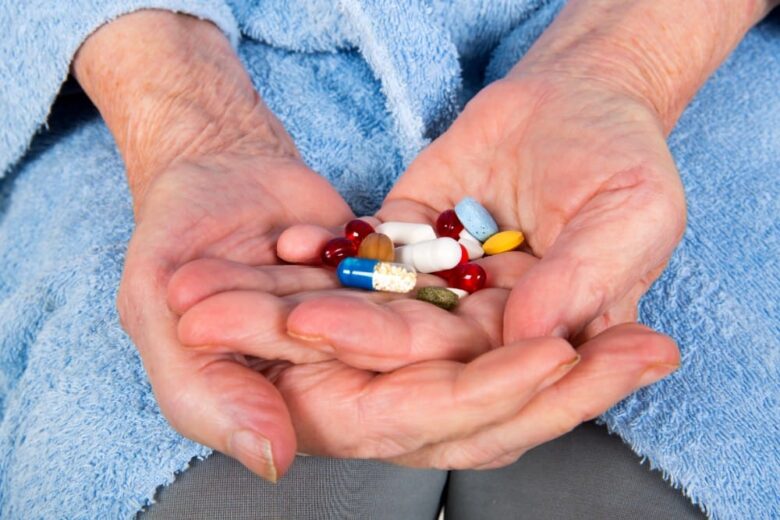Substance abuse is generally diagnosed by a family doctor, psychiatrist, or another certified mental health practitioner. Clinical symptoms vary according to the drug abused, frequency of use, and time since last use, and may include:
- Loss of weight
- Constant exhaustion
- Bloodshot eyes
- Lack of regard for hygiene
- Abnormal lab results
- Depression, anxiety, or sleep disturbances
Treatment For Drug Addiction Or Abuse
Your doctor will choose your specific therapy for drug misuse or dependence depending on:
- Your age, general health, and medical history
- The severity of the symptoms
- The degree of reliance
- Substance abuse type
- Your tolerance for particular medications, surgeries, or therapies
- Expectations for the condition’s progression
- Your viewpoint or preference
Substance abuse treatment (or recovery) programs are accessible on an inpatient or outpatient basis. Programs are often chosen according to the sort of drug abused. Detoxification (if necessary, depending on the drug abused) and long-term follow-up management or recovery-oriented care systems are critical components of successful therapy. Long-term follow-up care often involves organized group sessions, psychological support networks, and ongoing medical supervision. Individual and family psychotherapy are frequently prescribed to address issues that may have contributed to or resulted from the development of a drug misuse disorder.
The Effects Of Drug And Alcohol Abuse
Addictive drugs may fundamentally alter our lives: they can lead us to be unkind to people we care about, lose jobs we desperately want, spend money we don’t have, harm our physical bodies, and much more. Addiction is more about why you desire a substance than it is about whatever substance you crave.
Because both are types of addiction, many experts will argue about the parallels and distinctions between drug and alcohol addictions.
How Different Are Drug And Alcohol Addictions?
Alcoholism is a particular phrase that refers to an addiction to alcohol, whereas drug addiction refers to a more generic illness in which one might be hooked to any substance.
Drugs are addictive compounds that alter the way the body manages communication and information processing.
How Are Drug And Alcohol Addictions Similar?
Alcoholism and drug addiction have symptoms that are comparable and can be treated using the same methods. Because alcohol addiction is a subset of the wider category of drug addiction, the two are inextricably linked.
While not all addictions result in the same sensations or withdrawal symptoms, all substance usage arises from the same root causes, such as a desire to dull physical or emotional suffering.
At Alta Centre, we understand how it feels to be completely alone while feeling powerless in the grip of an addictive substance. Our comprehensive approach to therapy focuses on the individual and their addiction, how it developed, and how it may be overcome.
What Is The Distinction Between Outpatient, Inpatient, And Residential Care?
Substance abuse therapy is often provided in one of three settings:
• Outpatient Treatment: This is when you live at home and attend therapy once or twice a week, either in person or via telemedicine (virtual visit). There are even more intensive outpatient programs where you attend counseling numerous days each week.
• Inpatient Treatment: You remain in a hospital for 24 hours throughout this therapy. This is normally reserved for folks who require more daily routines at medical drug detox treatment centers. Inpatient therapy is often brief, lasting less than a month.
• Residential Therapy: This is a type of treatment in which you live in a therapeutic community for months or years at a time. The idea is to disengage from your existing surroundings and behaviors while also learning more about yourself and your substance usage.




